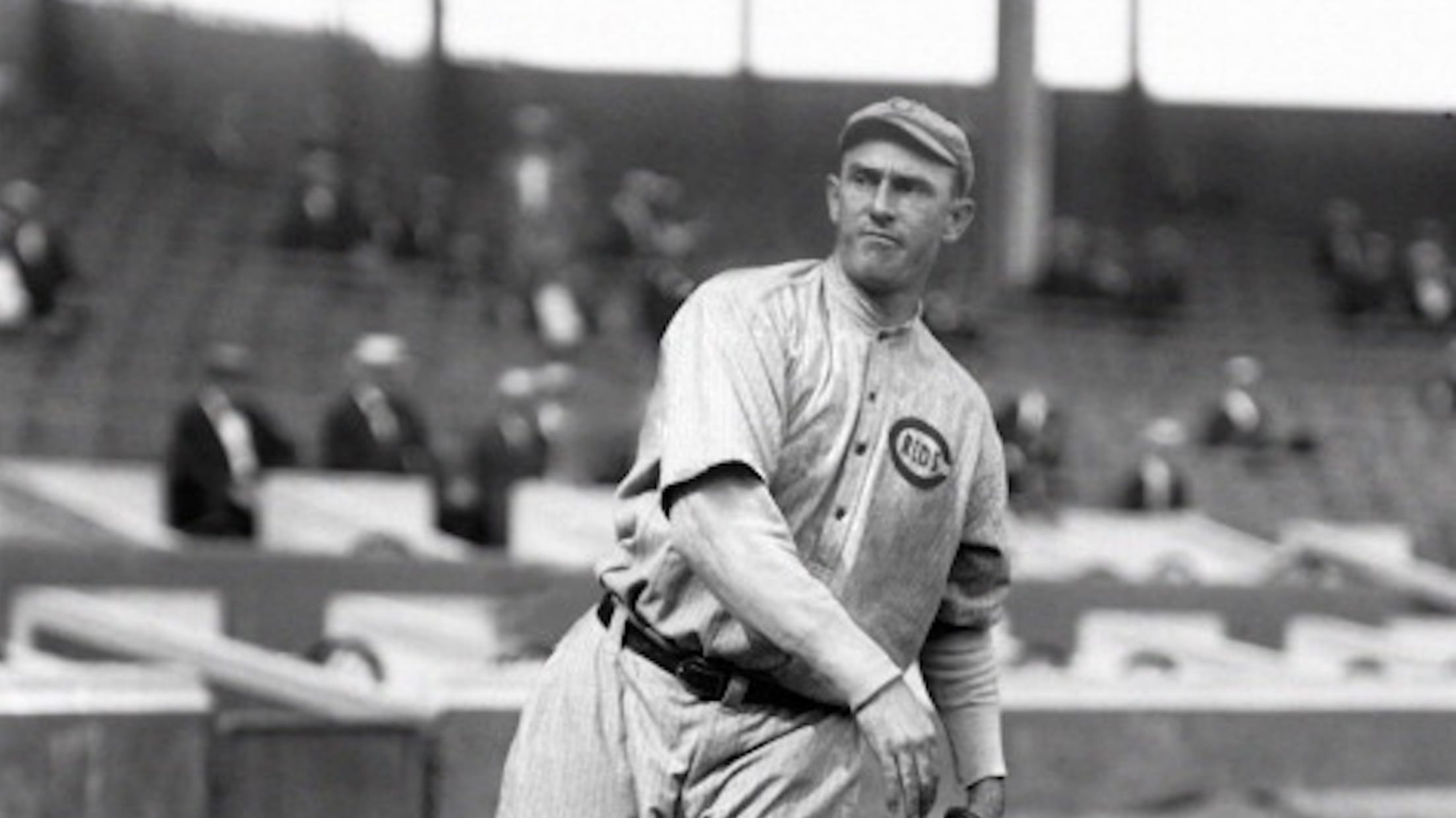7 hours, 29 innings: The story of professional baseball's longest uninterrupted game

Technically speaking, the longest game in the history of professional baseball took place on April 18, 1981, when the Triple-A Pawtucket Red Sox edged the Rochester Red Wings in 33 (!) innings. But that came with a catch: International League president Harold Cooper halted the game just after 4 a.m. on the morning of the 19th. The game wouldn't conclude until Pawtucket's Dave Koza finally drove in the winning run more than two months later.
If you're looking for the longest uninterrupted game ever, you have to go back 15 years earlier. On June 14, 1966, the Class A Florida State League's Miami Marlins and St. Petersburg Cardinals battled for seven hours and almost 29 innings -- and that's just the tip of this incredibly weird iceberg.

Riding a six-game winning streak, the Cardinals -- led by a 32-year-old ex-big leaguer named Sparky Anderson, four years away from his big break with the Reds but already boasting that shock of gray hair -- took a 2-0 lead into the top of the eighth behind staff ace David Bakenhaster.
But the Marlins would rally in fantastically improbable fashion. After a leadoff single, manager Bill DeMars wanted a pinch-hitter, but he had a short bench to work with due to injury. DeMars was forced to call on Lloyd Fourroux, his 6-foot-2, 215-pound pitcher ... who, naturally, took Bakenhaster deep to tie the game. His work done, Fourroux made a quick trip up to the stands for a snack and a breather -- this was supposed to be his day off, after all. Little did he know, though, that he would be up there for a very long time:
"That was about 9:30. I ran up to the concession stand, got what I wanted, then went and sat in the grandstand for five hours. The game didn't finish until two-thirty in the morning and I ate four dollars worth of concessions before it was over."
It seemed like things might come to a (relatively) brief end in the 11th, when the Marlins pushed across a run on three straight singles. It was very nearly two runs, but Carl Cmejrek, attempting to score from second, was tagged out on what we can only assume is one of the most bizarre rundowns in baseball history.
Cardinals first baseman Carl Milani had Cmejrek caught between third and home, but when the former pump-faked a throw to get the runner to freeze, the ball accidentally came out of his hand ... and promptly kicked off Cmejrek's leg and flew directly to the catcher, who made the tag for the final out of the inning.
That potential run turned out to be a big one: The Cardinals answered with three hits of their own in the bottom of the 11th to tie the score. And then came a whole lot of zeroes -- 17 innings worth, to be precise:
The Cardinals loaded the bases in the 21st, but Miami got out of it thanks to a double play. Marlins third baseman Dennis Denning hit a deep fly ball to left in the 22nd that looked like it might leave the yard, but St. Petersburg left fielder Bob Taylor made the catch at the wall. Other than that, though, there wasn't much for the remaining fans to do but wait it out -- out of a total of 750, an estimated 150-200 hung around.
One fan hopped down into the outfield to snap a photo of the scoreboard. Some allegedly took a quick trip to the bar, walked back out after last call and returned to the ballpark to find the game still going on. Some, however, were not so thrilled about baseball history unfolding, though -- specifically, those who lived in the nearby apartment building. As Miami right fielder Gary Carnegie recalled to the Society of American Baseball Research:
"There was a guy when I was in right field, late in the game ... I guess he worked midnight or something. And he came home from work and he was screaming from the balcony of an apartment building, 'You guys still playing? What the hell is going on?' I hollered up to him, 'Yeah we're still playing.' He watched the game for a while and then he said, 'I'm going to bed.'"
Finally, even the managers had enough. Just past 2 a.m., Anderson and DeMars convened with the umpiring crew and agreed to halt the game if no winner had been decided after 30 innings -- to which the crowd responded with angry chants of "We want more!" (The kicker? According to league rules, games weren't allowed to go past 12:50 a.m. -- home plate umpire Lou Benitez wasn't aware of any curfew, though, and let the teams play.)
It didn't need to come to that, luckily. Marlins pitcher (yes, pitcher) Michael Hebert led off the top of the 29th with a double, and would eventually come around to score on a sac fly to Smrejek. And this time, Miami didn't blow their lead: Hebert pitched a 1-2-3 bottom half, and after six hours and 59 minutes, the Marlins notched a 4-3 win in the longest game of all-time.
As you might imagine, the 29-inning affair produced some fantastic stat lines: The teams combined for 44 hits in 203 at-bats; Cmejrek went 5-for-12 (!); Miami reliever Paul Gilliford struck out seven over 11 shutout innings.
The most important performance of all, though, might have been simply playing the entire game. "It was hot," DeMars later said. "My catcher [Charlie Sands] lost 10 pounds, you know." Sands caught all nine innings of Game 2 of Miami's doubleheader the next day.





